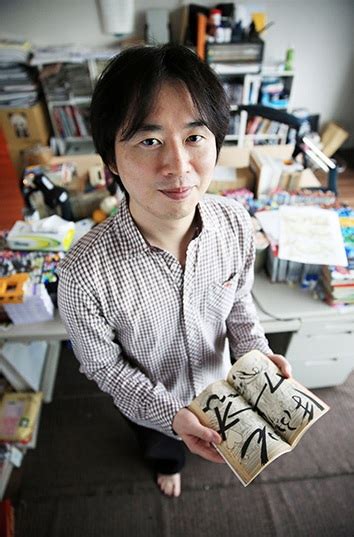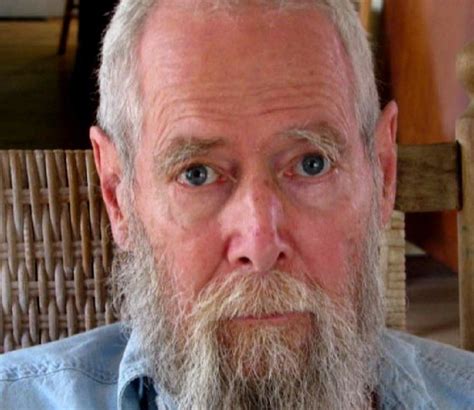A Quote by Carl Jung
The unconscious is the only available source of religious experience. This in certainly not to say that what we call the unconscious is identical with God or is set up in his place. It is simply the medium from which religious experience seems to flow. As to what the further cause of such experience might be, the answer to this lies beyond the range of human knowledge.
Related Quotes
I say that creeds, dogmas, and theologies are inventions of the mind. It is the nature of the mind to make sense out of experience, to reduce the conglomerates of experience to units of comprehension which we call principles, or ideologies, or concepts. Religious experience is dynamic, fluid, effervescent, yeasty. But the mind can't handle these so it has to imprison religious experience in some way, get it bottled up. Then, when the experience quiets down, the mind draws a bead on it and extracts concepts, notions, dogmas, so that religious experience can make sense to the mind.
Certainly Christianity is an experience, but equally clearly the validity of ane experience has to be tested. There are people in lunatic asylums who have the experience of being the Emperor Napoleon or a poached egg. It is unquestionably an experience, and to them a real experience, but for all that it has no kind of universal validity. It is necessary to go far beyond simply saying that something comes from experience. Before any such thing can be evaluated at all, the source and character of the experience must clearly be investigated.
The emotional aspects of a wilderness experience might be compared to a religious experience. It is particularly valuable for those people whose unconscious associations of pain and discomfort in relationships to man render a deity in human form impossible. Christianity is unacceptable to some people because of the use of the human symbol, but some who can't accept Christ can gain a tremendous sense of peace from relating to uncontaminated areas.
It's my belief that one of the unconscious reasons which underlies the odd attitude of the establishment toward hallucinogens is the fact that they bring the mystery to the surface as an individual experience. In other words, you do not understand the psychedelic experience by getting a report from Time magazine or even the Economist. You only understand the psychedelic experience by having it.
You can never hit someone to the body and cause them to go unconscious. To be hit in the body is an unconscious experience that one has to endure. Signals of pain shoot instantly from you liver to your brain telling you how uncomfortable it is to be in that situation. Then it's up to you to find out if you can stand up or not.
Math . . . music .. . starry nights . . . These are secular ways of achieving transcendence, of feeling lifted into a grand perspective. It's a sense of being awed by existence that almost obliterates the self. Religious people think of it as an essentially religious experience but it's not. It's an essentially human experience.
There is a fundamental spiritual quality to gratitude that transcends religious traditions. Gratitude is a universal human experience that can seem to be either a random occurrence of grace or a chosen attitude to create a better experience of life; in many ways it contains elements of both. Grateful people sense that they are not separated from others or from God; this recognition of unity with all things brings a deep sense of gratefulness, whether we are religious or not.
So let us decide whether you want a shelter, a safety zone, which will no longer yield conflict, whether you want to escape from the present conflict to enter a condition in which there shall be no conflict; or whether you are unaware, unconscious of this conflict in which you exist. If you are unconscious of the conflict, that is, the battle that is taking place between that self and the environment, if you are unconscious of that battle, then why do you seek further remedies? Remain unconscious.
Common to all these types is the anthropomorphic character of their conception of God. In general, only individuals of exceptional endowments, and exceptionally high-minded communities, rise to any considerable extent above this level. But there is a third stage of religious experience which belongs to all of them, even though it is rarely found in a pure form: I shall call it cosmic religious feeling. It is very difficult to elucidate this feeling to anyone who is entirely without it, especially as there is no anthropomorphic conception of God corresponding to it.
We're finally becoming aware of a process that has been unconscious since human experience began. From the start, humans have perceived a Birth Vision, and then after birth have gone unconscious, aware of only the vaguest of intuitions. At first in the early day of human history, the distance between what we intended and what we actually accomplished was very great, and then, over time, the distance has closed. Now we're the verge of remembering everything.



































